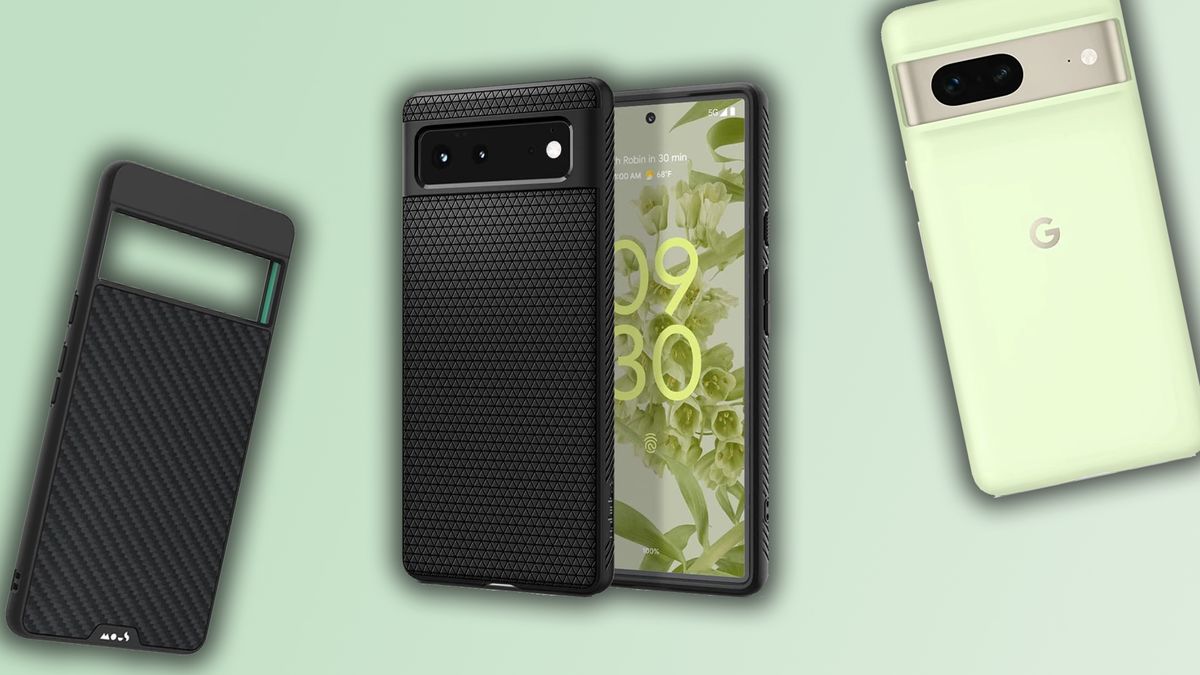Google announced the first developer preview of Android 14 on Wednesday, allowing the search engine giant to get critical feedback from testers before rolling out the highly anticipated software en masse.
Android 14 is expected to bring a cornucopia of new features that will enhance performance, privacy, security, and user customization, but one new perk caught our eye the most. As 9to5Google pointed out, Android 14 will show users when a smartphone manufacturer, carrier, or even a malicious party, installs an app on your device without your knowledge.
How Android 14 will reveal silently installed apps
Twitter user Mishaal Rahman shed light on the cool new upcoming Android feature, gushing about how it’ll make it easier for users to track surreptitiously installed apps. How? Well, Android 14 is adding a novel “Apps installed in the background” page.
There’s a lot of arguments about what’s considered “bloatware”, but I think we can all agree that 17 apps being installed in the background when you insert a carrier’s SIM counts, right?!Android 14 has a new feature that detects and helps you uninstall that kind of bloatware! pic.twitter.com/zRBEfQCkxsFebruary 8, 2023
The page features the following description:
Your device manufacturer may install apps on your device in the background or allow your carrier and other partners to do so. Any apps listed here aren’t required for your device to function normally. You can uninstall apps you don’t want.
Dylan Roussel, a self-taught Android developer, tested the new feature and found that Inware, which was installed over Android Debug Bridge (ADB), was listed on his page. This “backs up the idea that malicious installations could be caught by this new tool,” 9to5Google said.
This page should also detect any unwanted bloatware apps that do nothing but take up precious storage space on your device.
Applications listed on the page feature a trash can icon, which should allow Android users to delete all unwanted apps on their phone.
Android 14’s developer preview will stay open for feedback (only for Pixel phones) until the tail end of March. The final release is expected to roll out this summer or fall.







